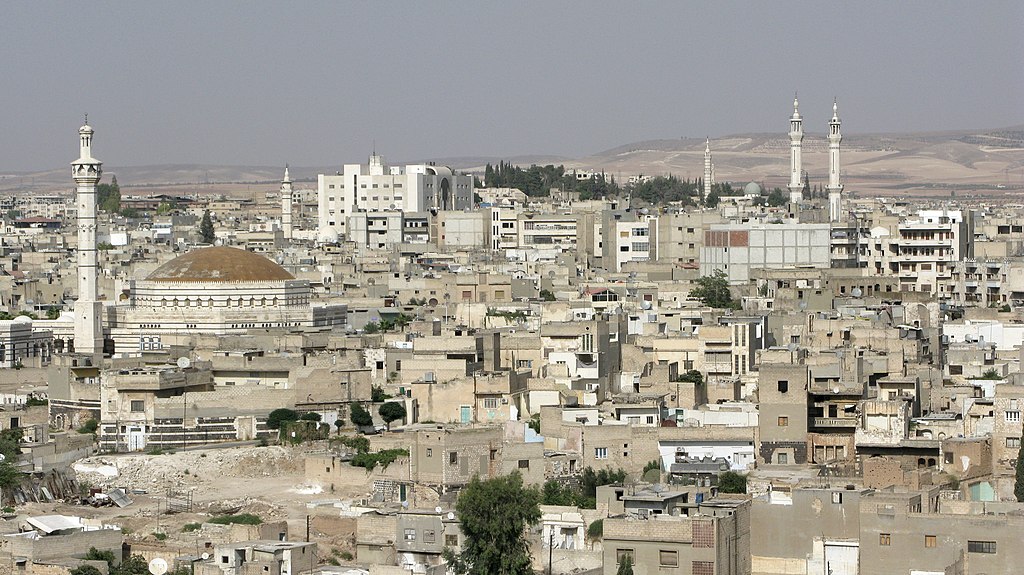On Wednesday, Amnesty International urged Syria’s president, Ahmad al-Sharaa, to ensure the publication of all the findings of a fact-finding committee’s investigation into the targeted killings of Syria’s Alawite minority.
Amnesty International’s Deputy Regional Director for the Middle East and North Africa, Kirstine Beckerle, said, “Survivors and the families of victims have the right to know what happened, who was responsible, and what concrete steps the authorities will take to deliver justice. Only independent and impartial investigations can lead to credible and fair trials”. Amnesty International also urged the Syrian government to ensure that effective reparations are provided for the affected families.
The fact-finding committee was established on March 9, 2025, as al-Sharaa pledged to hold killers accountable following mass killings in coastal areas. President al-Sharaa announced the creation of a fact-finding committee to bring the perpetrators to justice. “We affirm that we will hold accountable, with firmness and without leniency, all those involved in the bloodshed of civilians,” al-Sharaa said. The President claimed, “No one will be above the law, and all those whose hands are stained with Syrian blood will face justice sooner rather than later”. This follows the calls by rights organizations for the new government to implement human rights reforms in Syria.
On March 6, armed groups loyal to Bashar al-Assad’s former government attacked security and military sites in a rebellion in the governorates of Latakia and Tartous. Government forces and supporting militias launched a swift counteroffensive that rapidly regained control of the region.
According to Amnesty International, members of Syria’s Alawite minority community were assailed in the days immediately following the counteroffensive. Fighters affiliated with Sunni militias targeted civilians in a wave of attacks, killing over 100 civilians in the coastal city of Banias alone on March 8-9. Around 1,500 people were killed by June in 40 distinct sites of revenge killings. UN High Commissioner for Human Rights, Volker Türk, also voiced concerns over the escalation of violence in that area.
Additional Protocol I to the Geneva Conventions aims to protects civilians during conflict. Article 51 (6) states that “attacks against the civilian population or civilians by way of reprisals are prohibited”. Under Article 86(2), this prohibition extends to officers, even if those who do not personally participate in killings, as long as they knew, or had information which should have enabled them to conclude that killings were occurring, and if they did not take all feasible measures within their power to stop them. This demonstrates the urgent need for investigations to hold accountable those responsible for these serious international crimes.
